A Commentary on Isaiah, Part 51: Your Mother’s Divorcement

A Commentary on Isaiah, Part 51: Your Mother’s Divorcement
In our last discussion of Isaiah and the final portion of Isaiah chapter 49, we hope to have demonstrated how the children of Israel had moved to A Place of Their Own, as the prophet Nathan had much earlier communicated to king David, in 2 Samuel chapter 7, and as Isaiah had prophesied in that chapter, where he also indicated that in captivity, the children of Israel would multiply greatly, and their enemies would shrink from them, in verse 19 where we read: “19 For thy waste and thy desolate places, and the land of thy destruction, shall even now be too narrow by reason of the inhabitants, and they that swallowed thee up shall be far away.” Then he indicated that they would seek to migrate to a different location, where we then read: “20 The children which thou shalt have, after thou hast lost the other, shall say again in thine ears, The place is too strait for me: give place to me that I may dwell.” The subsequent verses then describe Israel as “desolate, a captive, and removing to and fro”, which is also indicative of their becoming a migratory people and leaving the places of their captivity and making a new home in another land.
In recent portions of this Commentary, we have already cited Isaiah chapter 66 in reference to this outcome, where we read in reference to these same people: “19 And I will set a sign among them, and I will send those that escape of them unto the nations, to Tarshish, Pul, and Lud, that draw the bow, to Tubal, and Javan, to the isles afar off, that have not heard my fame, neither have seen my glory; and they shall declare my glory among the [Nations].” As we had said, all of these places are located in the north and west, from the coasts of the Black Sea to Anatolia and then west to modern Italy and Iberia. Historically, beginning about a hundred years after the time of Isaiah, from the fall of Assyria the people known as Khumri or Kimmerians did migrate in that direction, and they were followed by their kindred for several centuries, who were also known by the names Sakae, Scythian and Galatae, but later as Saxons, Goths, Alans or or by numerous other and later names.

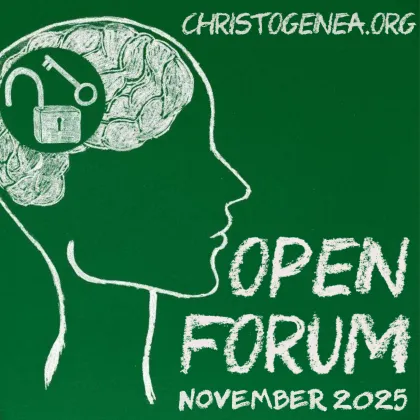
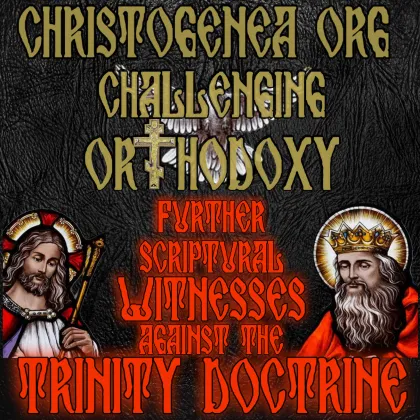
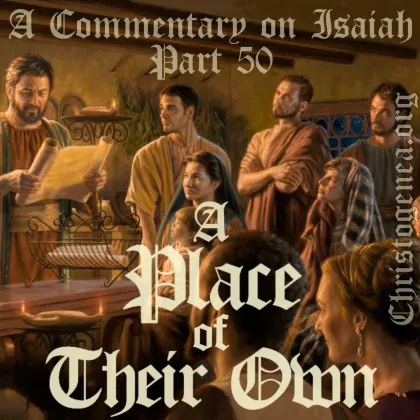
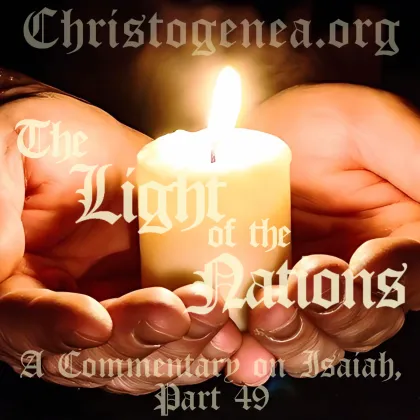
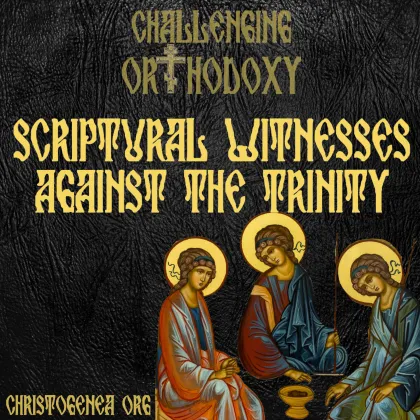
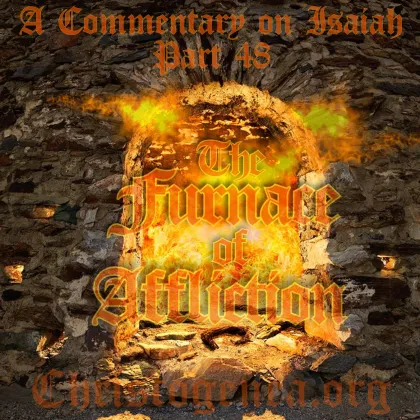
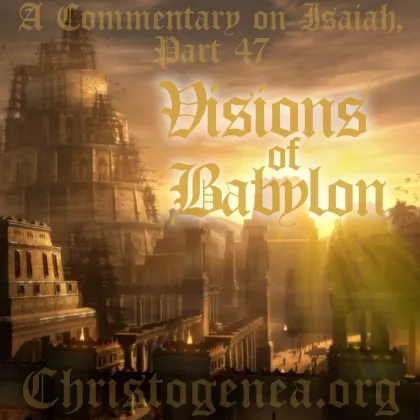
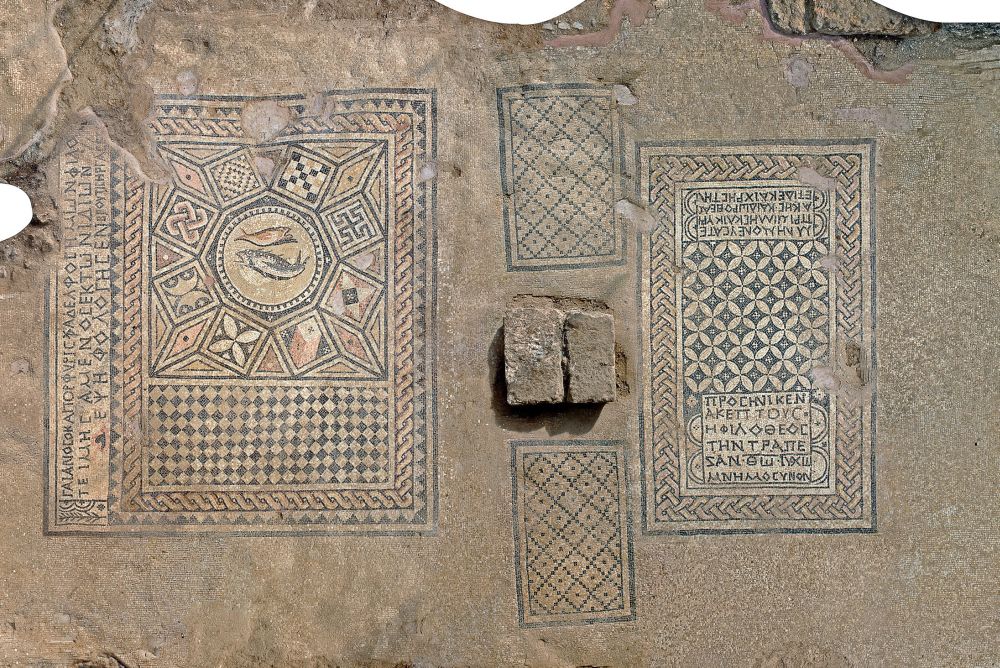
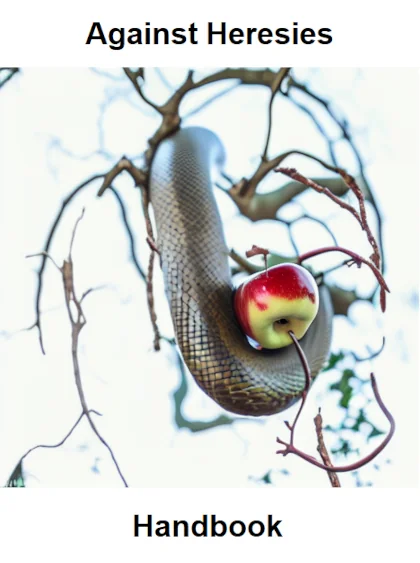
 These past few years, and the past few months especially, Christogenea has been cut off from most of its sources of funding.
These past few years, and the past few months especially, Christogenea has been cut off from most of its sources of funding. 







 Please click here for our mailing list sign-up page.
Please click here for our mailing list sign-up page.








Commentaries and Podcasts